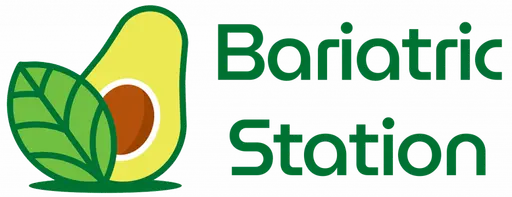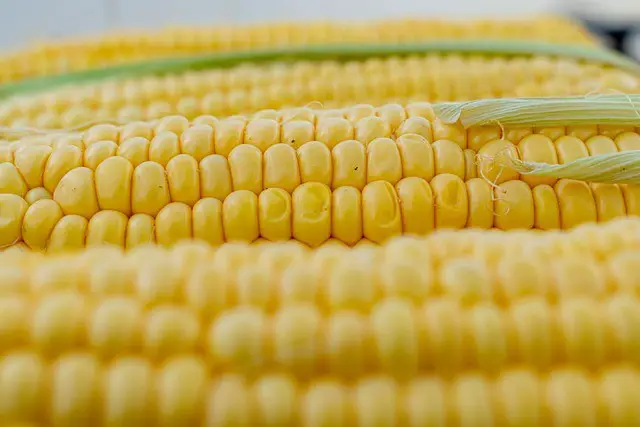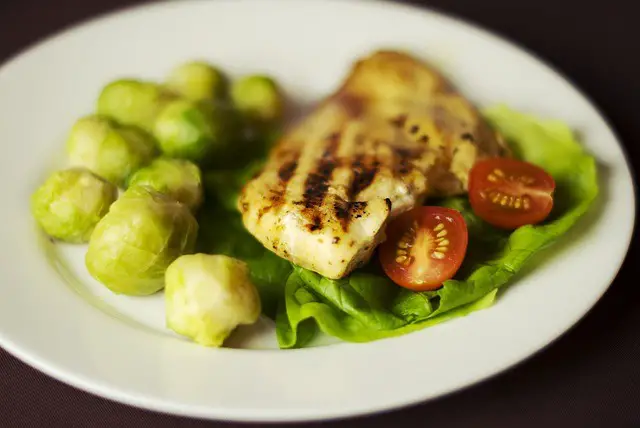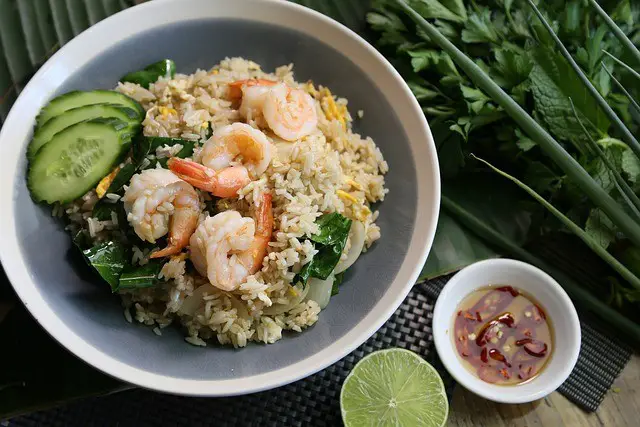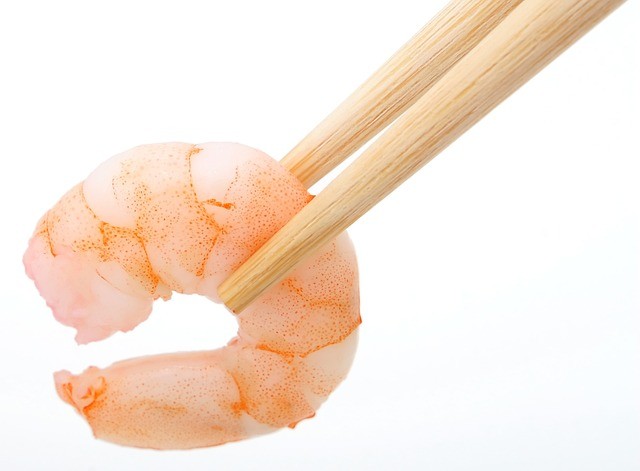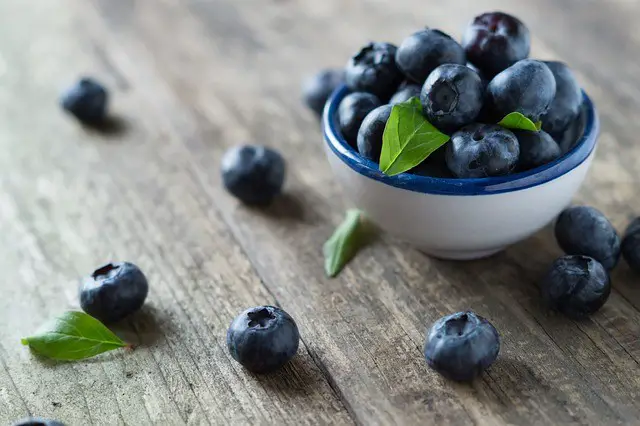Low-carb diets call for lowering carb intake. In these diets, you count the net carbs consumed because they are what impact your blood sugar levels. Despite the health benefits of corn, whether it is yellow corn or sweet corn, knowing the number of net carbs will enable you to know whether to consume it on the keto diet or not.
Today, we will know the nutritional facts of a medium size ear of corn. You will also know the net carbs in corn on the cob and this grain with butter. From this, you can know whether to add this cereal to your diet or not. Let’s get to it!
Net Carbs in Corn on the Cob
The ketogenic diet limits your intake of carbs per day to 20-50 grams. On your keto meal plan, starchy vegetables like cereal or tubers may not make the cut. Fresh corn may be whole grain and a rich source of fiber, but it is still high in carbs. Stick to non-starchy vegetables that allow you to stay within your carb limit.
Corn products like oil and flour are highly processed and refined and are low in dietary fiber. Corn chips and high-fructose corn syrup are high in sugar. Plus, they have too many grams of carbs that can impact your blood sugar and increase insulin production. Insulin is a storage hormone, that promotes fat storage which is not good for weight loss.
Another crucial information about corn is that it is most commonly grown but 90% of it is genetically modified (GMO). Whenever you want to have it, have the non GMO kind.
To find out the net carbs in corn on the cob, let’s discuss corn nutrition facts.
How Many Carbs in a Medium Corn on the Cob
Corn Nutritional Facts
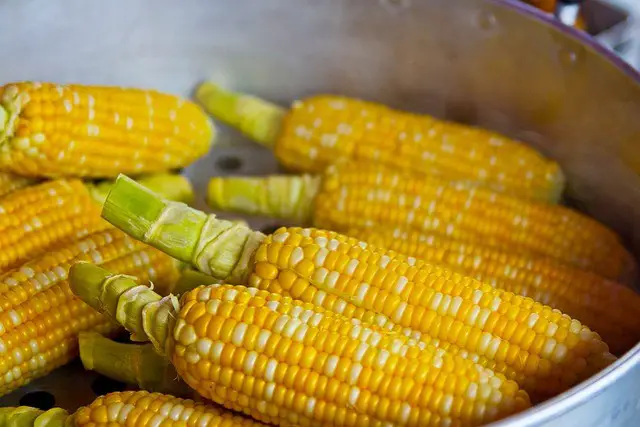
According to the USDA, an ear of medium-sized corn provides:
- Energy: 87.7 kcal
- Protein: 3.34 grams of protein
- Fat: 1.38 grams of fat
- Total carbs: 19.1 grams of carbs
- Total sugar: 6.38 grams of sugar
- Dietary fiber: 2.04 grams of fiber
- Net carbs: 17.06 grams of carbs
Net carbs refer to the digestible and absorbable carbs that can spike your blood sugar. Total carbs take account of the digestible and indigestible carbs. To find the net carbs in corn on the cob, subtract dietary fiber from the total carbs.
There are two types of fiber in food, insoluble fiber, and soluble fiber. Soluble fiber helps regulate cholesterol levels while insoluble kind bulks waste and prevents constipation. This grain is high in insoluble fiber. Its fiber may increase satiety by slowing down digestion.
The carb-to-fiber ratio of this food is 9. Foods with a ratio higher than 3 are high in carbs but low in fiber. Higher fiber foods have a lower glycemic index and glycemic load. These foods do not raise your blood sugar as fast. Fresh corn has a glycemic index of 35 and a glycemic load of 1.8.
Carbs in Small Corn on the Cob
Can you eat corn in small amounts on keto? Medium-sized corn may be off the table, but can you enjoy a small amount to reap the health benefits of this food? Let’s find out if you can eat a small serving of corn on keto!
An ear of small fresh corn (73 g) contains 13.7 grams of total carbs, 1.46 g of dietary fiber, 4.57 g of sugar, and 12.24 g of net carbs. The carbohydrate content is too high. It is high in natural sugars, which are simple carbs that easily spike blood glucose.
Boiled Corn on the Cob Calories
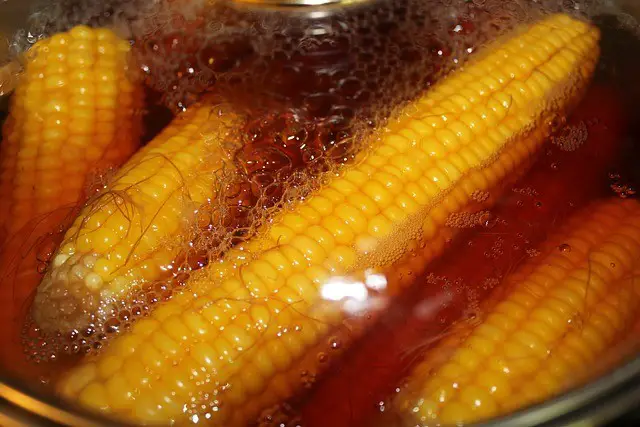
Cooking methods can affect the carb content of food. Despite being a nutritious food, corn is a starchy food. Carb content varies with the types of grain and cooking methods. Does boiling increase or reduce carbs in this cereal?
A cup serving of boiled white contains 152 kcals, 5.24 g of protein, 2.21 g of fat, 34.1 g of total carbs, 4.24 g of dietary fiber, 12.1 g of sugar, and 29.86 g of net carbs. The same cup serving of boiled yellow corn contains 143 kcals, 5.08 g of protein, 2.24 g of fat, 31.3 g of total carbs, 3.58 g of dietary fiber, 6.76 g of sugar, and 27.72 g of net carbs.
Boiling increases the fiber and carb content of your grain. Its fiber may have health benefits, but it is not high enough to significantly lower the impact of carbs on blood sugar.
How Many Carbs in Corn on the Cob with Butter
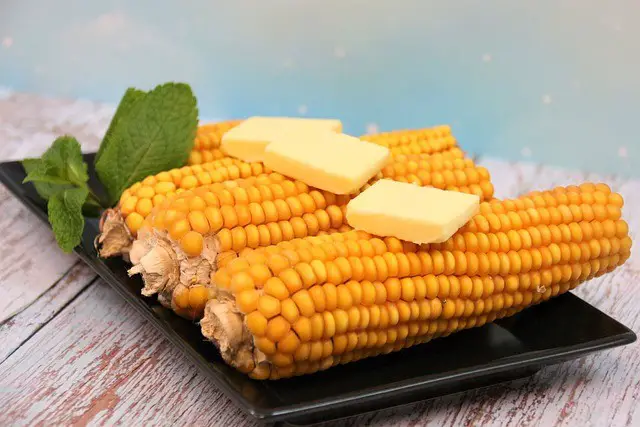
Despite being a healthy food, corn is not suitable for a low-carb diet. It can be a healthy source of plant-based protein, however, most of these options are high in carbs. Taking a look at the protein in corn and fat in corn, it is not enough to meet the criteria for the keto diet.
The ketogenic diet recommends low carbohydrate, moderate protein, and high fat intake. Corn is a high-carb, low-protein, and low-fat food. Can you have this grain on the cob with butter on keto? Butter contains fatty acids that be beneficial for weight loss.
According to the USDA, the grain with some amounts of butter contains 103 kcals, 3.18 g of protein, 3.5 g of fat, 18.1 g of total carbs, 1.9 g of fiber, 6.07 g of sugar, and 16.2 g of net carbs. Corn made from butter unsalted contains 85 kcals, 2.05 g of protein, 3.16 g of fat, 14.5 g of total carbs, 1.8 g of fiber, 4.34 g of sugar, and 12.7 g of net carbs.
The cereal with butter has a higher fat content but is still high in carbs. However, you can fit a small amount into your keto diet. Consider eating moderate amounts of this grain’s casserole as a buttery side dish.
How Much Corn Can I Eat on Keto?
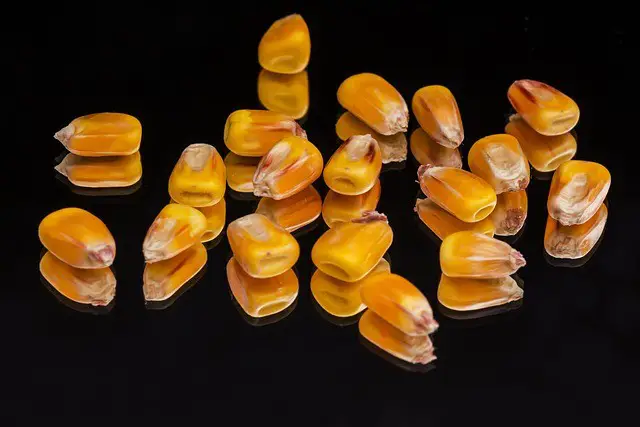
The grain is not keto-friendly due to the high net carbs in corn on the cob. But you can incorporate very small amounts in your keto diet. A few corn kernels as a topping may not affect your macro ratio as much. You can have a tablespoon or two while on a keto diet. This applies if you follow the less restrictive types of the keto diet or if you are on the targeted keto diet. It has to be the non GMO kind of course!
Even when talking about it, corn products are off the table. Corn starch, corn syrup, corn tortillas, or canned varieties should be avoided. Raw corn contains natural sugars while these products contain added sugars that are not good for your blood sugar.
Is Corn Ok for Diabetics?
You can have corn if you are diabetic in small amounts. The type you consume matters. If you struggle to regulate your blood sugar levels, avoid the products mentioned above. Corn intake can provide you with fiber, vitamins, and minerals that can be beneficial in managing blood glucose. Diabetics can have corn in moderation.
What is the Difference Between Maize and Corn?
Maize refers to what grows in the field while the latter is the harvested product. All maize is corn, but not all corn is maize. Maize is corn in its natural agricultural environment, while corn is what you buy from your local grocery shop.
Final Thoughts
Corn should generally be avoided on a low-carb diet because of its high starch content. However, you can get away with a tablespoon or two of corn in your diet without having a significant impact on your blood glucose levels. Keep off high-starch corn products like corn starch and corn flour. Only go for non GMO corn.
How do you incorporate corn into your low-carb diet? Leave any questions on the topic in the comments below.
